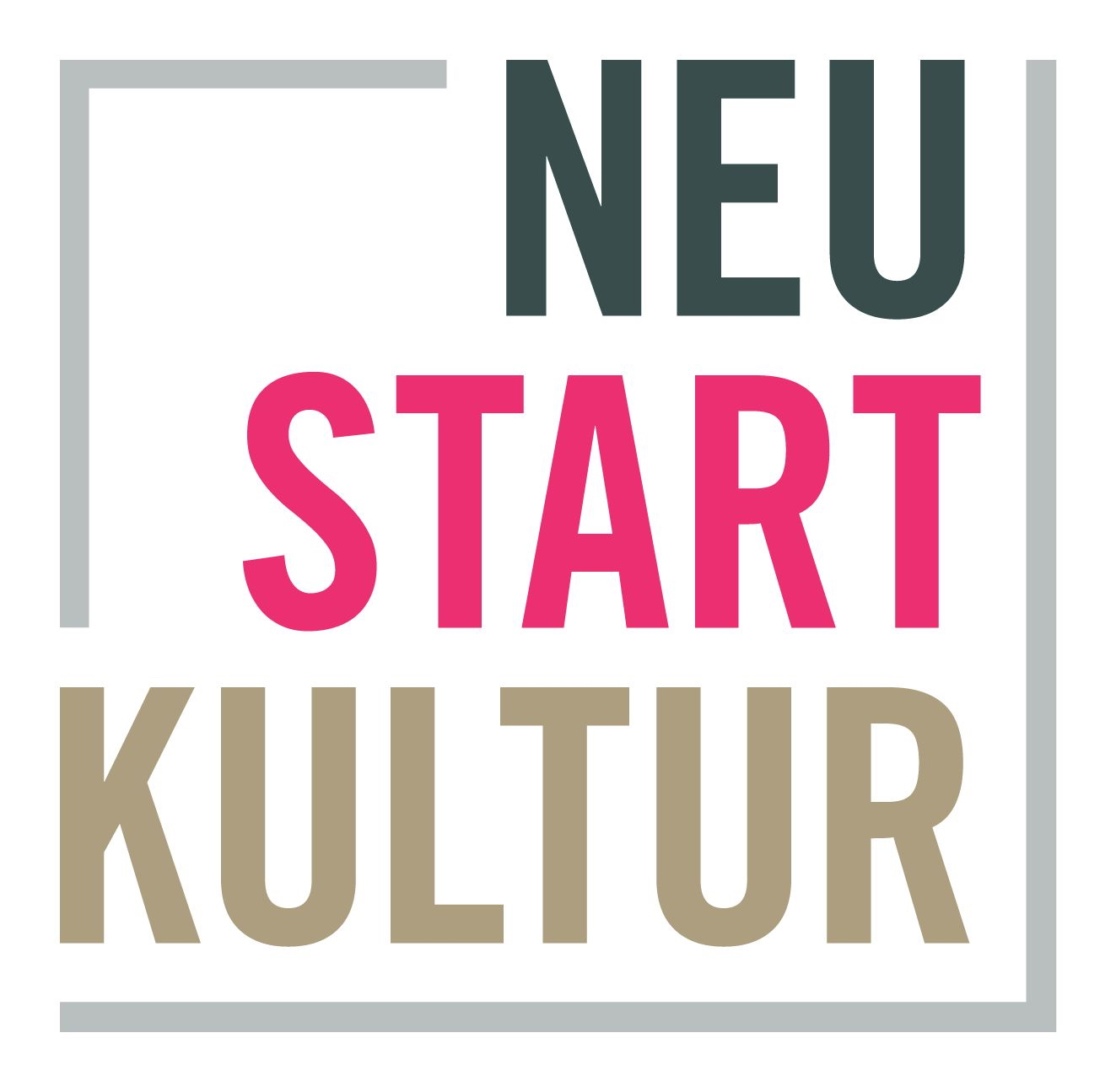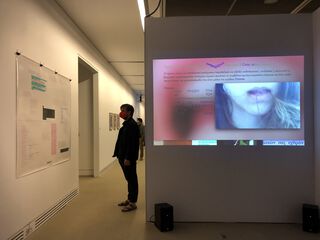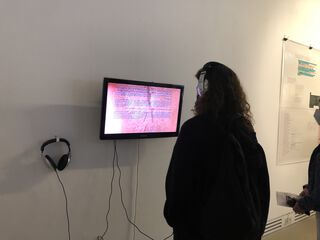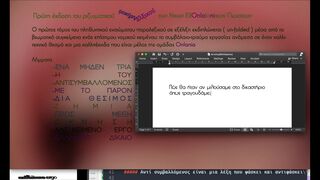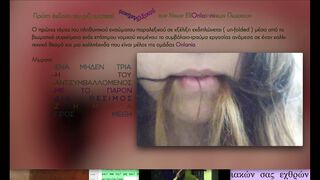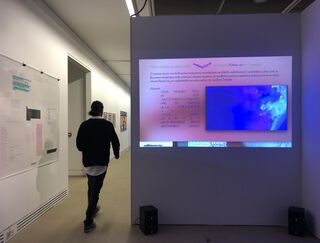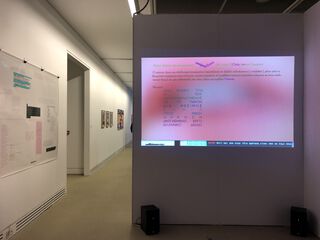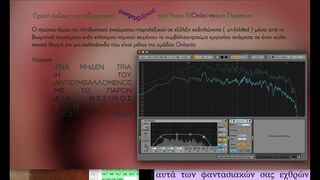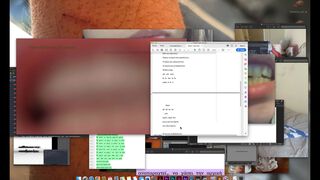Manyfesto or how to dirtystruct the lexicon proposes a rhizomatic paralexicon-in progress as a way to dirtystruct (dirty + con/distruct/disrupt) the notion of a universal, formal and normative lexicon, which usually establishes linguistic norms and the ideal of a standard language.The prefix, para- in paralexicon is used as a reference to the paralinguistic elements of language, rhythm/tempo/affects/e-motions/sounds/breathing/noise/gestures, that are often ignored by the dominant and hegemonic, rationally-centered discourse. At the same time, it echoes the greek word parόn (παρόν= present, now), that reflects the many asynchronous παρόνταααααα, during which our practices and interactions emerge.
Our starting point is a work contract between an art institution and an artist (who is a member of the group) from which we extract a number of entries/words. Through a series of (co)methodologies including collaborative online readings, affective & remote performative recordings and other methods of embodied linguistic dismantling, we dirtystruct the meaning of these entries. In doing so, we transverse and disrupt the established, hegemonic and often violent meaning/impact of words.
We do not seek a semantic universality, a correct etymology or a supposed truth of origin of the words. We rather unfold the entries kaleidoscopically, shedding light on the words from different angles, rendering the political, relational and intermedia re/de/para-signification of words visible. In this practice, the context is of great importance; it is always immersive, embodied and symbiotic.
The legal language of the contract employs the so-called standard modern greek language, a minor, local and at the same time dominant, patriarchal and hegemonic national language which due to its relation with ancient greek serves as the bedrock of the western colonial languages paradigm. With the means of our dirtystructing methodologies we examine and distort the (post)colonial structures of language seeking for new meanings.
Through a variety of intra-active, polyphonic, hybrid and lingualembodied practices, we move towards the diverge areas of ελλonlaϊnic tongues. Manyfesto or how to dirtystruct the lexicon manifests that language as a translational practice primarily takes place within translingual bodies and not between border-languages. We propose an exposure of language in its materiality that gets rid of binary dichotomies, such as human vs. animal, organic vs. non-organic, object vs. subject.
We believe that words don't stand/speak alone. They are attached to a nexus of meanings, social norms and laws. At the same time, words are resilient archives which preserve (and modulate) our bodies, senses and affects. Our dirtystructing practice draws from this wordy and fleshy embodied archive bringing to life new more-than-only-human sounds and words of unheard plural languages to come.
Our paralexicon is presented in three parts:
- One video projection that demonstrates the rhizomatic collective process of intermediated performative and transformative disruptions of entries/words that leads to the rhizomatic, embodied and intersingular paralexicon
- One video on monitor displaying the work contract in written and audio form. We listen to a performative typing and reading of the contract.
-One digital print that presents the Manyfesto and the secrets of dirtystruction.
Images: Video stills and Installation views in the exhibition Weaving Worlds. An exhibition curated by Daphne Dragona at the ACG Art Gallery-The American College of Greece, Athens. Organized by The Frances Rich School of Fine and Performing Arts Deree - The American College of Greece as part of the Arts Festival 2022. Supported by the Art History, Graphic Design, and Visual Arts Programs
For more information and video previews: https://onlania.tumblr.com/
WordMord is supported by NEUSTART KULTUR Stiftung Kunstfonds, Germany